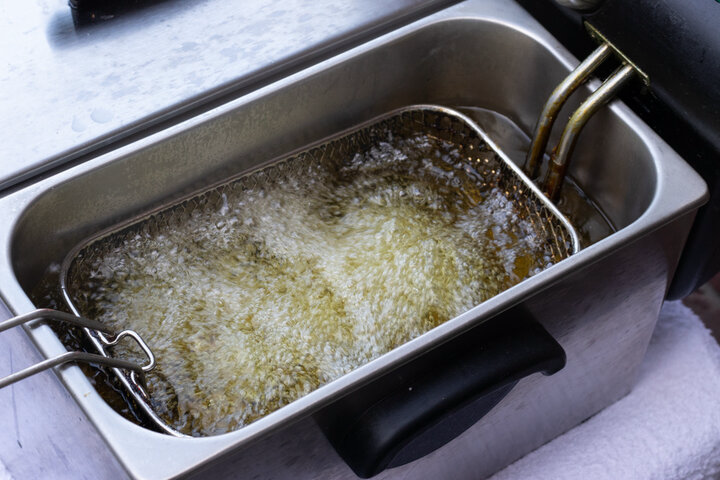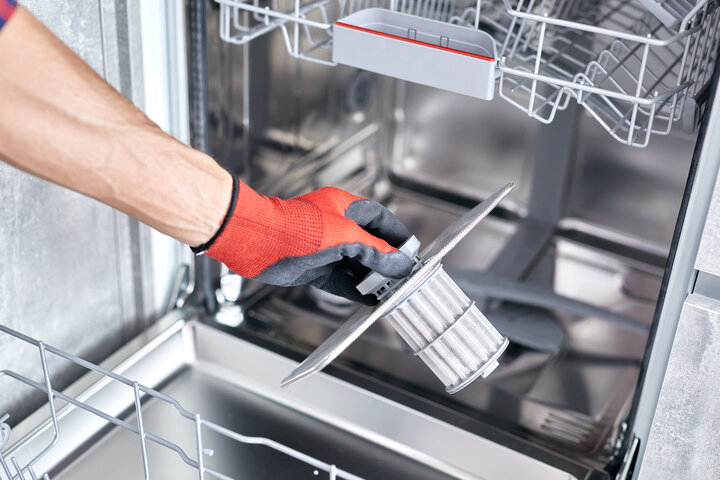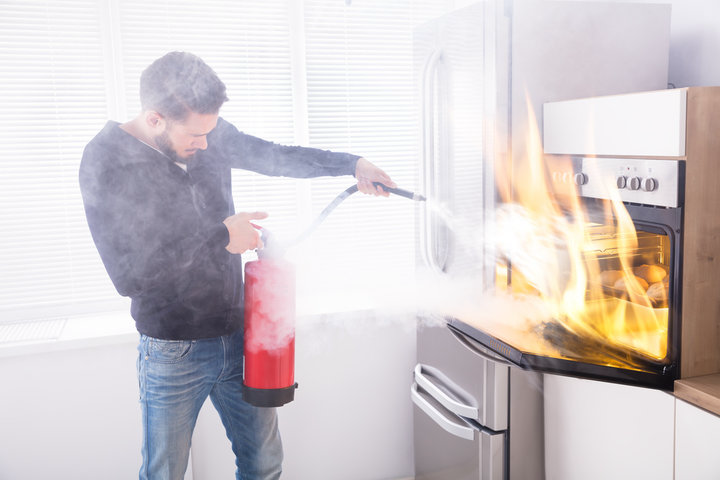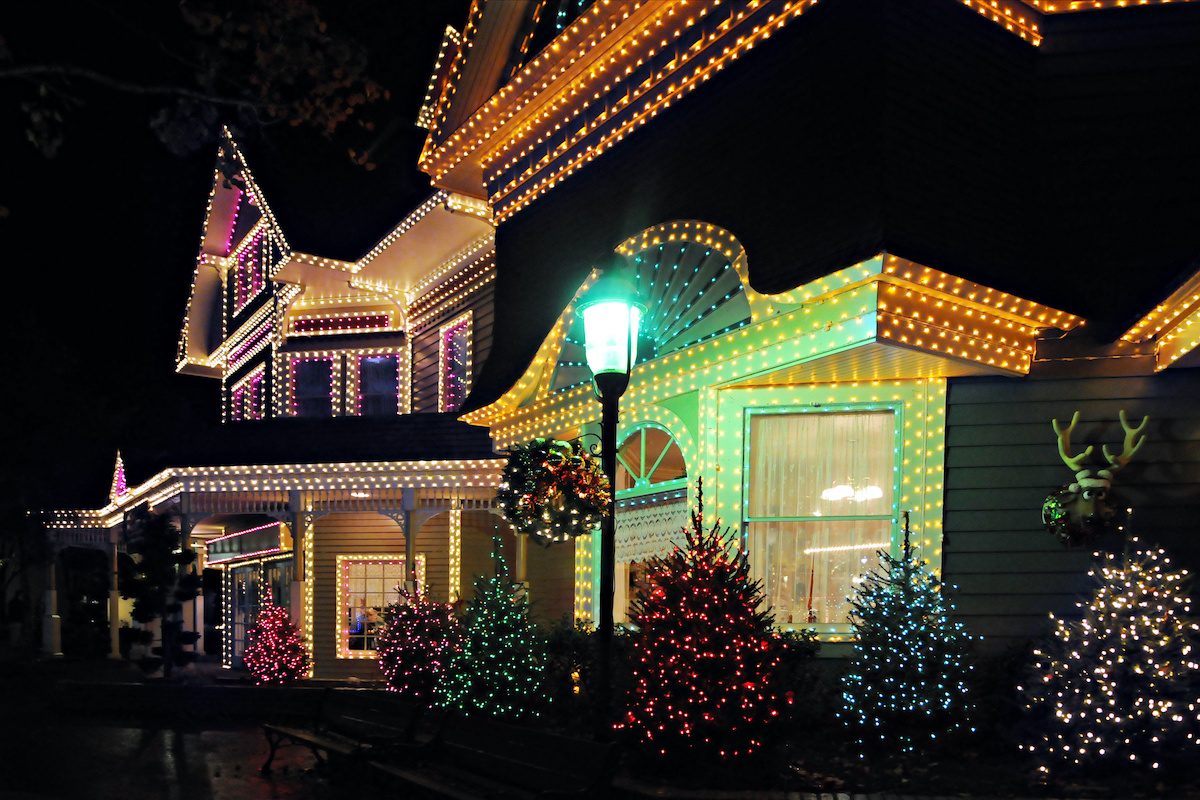Kitchen appliance fires are a common yet often overlooked hazard in many homes. From malfunctioning microwaves to unattended stovetops, these incidents can escalate quickly, causing significant damage and posing serious risks to your safety.
In this blog, we will explore which household appliances in your kitchen are the most susceptible to causing sparks and how these fires typically start. We’ll also provide essential safety tips to prevent kitchen appliance fires that can keep you and your property safe. By understanding the dangers and implementing practical safety measures, you can protect your home and loved ones from the devastating effects of kitchen fires.
How Kitchen Appliances Cause House Fires
According to the U.S. Fire Administration, kitchen appliances and fires often go hand in hand. Kitchen fires are typically due to electrical malfunctions, overheating, improper usage, and lack of maintenance. Many kitchen appliances have heating elements or motors that can become fire hazards if not properly managed.
A circuit board fire or grease fire is also among the most common fires to occur in the kitchen. Below, we’ll look into some common kitchen appliances known to cause fires and discuss why they are particularly risky.
Common Kitchen Appliances That Cause Fires
Oven
Ovens are a frequent source of house fires, often due to food debris or grease buildup. When exposed to high temperatures, these residues can ignite, leading to home cooking fires that can quickly spread. Electrical faults and leaving the oven unattended while in use are other common causes of oven fires.
Hot Plate
Hot plates are convenient for small spaces and quick cooking, but these small appliances can pose a significant fire risk. They can overheat, especially if left on for extended periods or if their wiring is faulty. Using a hot plate on an unstable surface can also lead to accidents that may result in a fire.
Grill/Toaster
Grills and toasters are notorious for causing fires, often because crumbs and food particles accumulate over time. These crumbs can catch fire when the appliance is used, mainly if left unattended. Mechanical failures and electrical issues also contribute to the risk of house fires from these appliances.
Microwave

Microwaves can cause a fire if misused, such as when heating metal objects or using containers that are not microwave-safe. Overheating food, especially those with high-fat content, can ignite microwave fires. Faulty wiring and internal component failures may also be to blame.
Tumble Dryer
While not typically found in the kitchen, tumble dryers are one of the major appliances that are prone to starting fires. Lint buildup in the lint trap or vent can catch fire when the dryer is used. Overloading or failing to regularly clean the dryer increases the risk of house fires.
Refrigerator
Refrigerators can cause house fires, usually due to electrical faults. Compressor or wiring problems can spark an appliance fire, especially if the fridge is old or poorly maintained. Flammable refrigerants used in some older models also pose a fire risk.
Dishwasher
Dishwashers can cause fires primarily due to electrical malfunctions. Water leaks can reach electrical components, leading to short circuits and house fires. Faulty heating elements used for drying dishes can also start dishwasher fires.

Deep Fryer
Deep fryers are particularly hazardous due to the high temperatures required to cook food. Overheating oil can catch fire, especially if the fryer is left unattended. Oil spills and splashes can also ignite if they come in contact with the heating element.
Washing Machine
Although not usually found in the kitchen, large appliances like washing machines are nearly as likely to cause fires in homes as cooking equipment. Fires in washing machines can result from electrical failures and motor overheating. Like tumble dryers, lint buildup in washing machines can ignite if it contacts the heating element or motor. Other common causes include faulty wiring and overloading the machine.
Extractor Fan
Extractor fans, designed to ventilate kitchens, can become fire hazards if they accumulate grease and dust. Over time, these residues can ignite, particularly when the fan is used for long periods. Electrical malfunctions in the fan’s motor can also trigger a fire.
How to Prevent Fires Started by Kitchen Appliances
Regular Maintenance
Ensuring that your kitchen appliances are well-maintained is crucial in preventing fires. Regularly clean ovens, grills, toasters, and extractor fans to remove grease and food particles. Check and replace filters in dishwashers, tumble dryers, and washing machines. Additionally, ensure there are no gas leaks or faulty wiring in all areas prone to starting house fires.

Proper Usage
Always follow the manufacturer’s instructions when using kitchen appliances. Avoid overloading electrical outlets and unplug appliances when not in use. Never leave cooking appliances unattended, especially when using high-heat settings.
Electrical Safety
Verify that your home’s wiring is up to code and capable of handling your appliances’ electrical load. Replace any frayed or damaged cords immediately, and avoid using extension cords if possible. Use surge protectors to safeguard your appliances from electrical surges.
Fire Safety Measures
Install smoke alarms in the kitchen and regularly check that they function correctly. Keep a fire extinguisher readily available and know how to use it. Also, check that it is not expired. Have a fire escape plan and ensure all family members know it. Unplug small appliances when not in use.
Professional Inspections
Periodically have a professional inspect your kitchen appliances and home wiring. This can help identify a potential fire hazard before it becomes a problem. Professional cleaning services can also ensure that appliances like tumble dryers and extractor fans are free from flammable buildup.
Protecting Your Home and Family from Appliance Fires
Knowing how to protect your home and family is vital in the unfortunate event of a house fire caused by a kitchen appliance. Here are some safety tips:
- Stay calm. Panic can make the situation worse. Remain alert and focus on getting everyone out safely or dousing the flames with a fire extinguisher.
- Use exit routes. Follow your pre-planned fire escape routes. Do not use elevators during a fire.
- Avoid smoke. Smoke inhalation is a leading cause of home fire deaths. Stay low to the ground, cover your mouth, and avoid inhaling smoke.
- Alert authorities. Once you are safely outside, call the fire department for help.
- Do not re-enter. Never return inside a burning building, especially after the fire has spread. Wait for the fire department to assess the situation.
Has Your Kitchen Suffered Fire Damage? Don’t Wait to Give PuroClean a Call!
If your kitchen appliances ever go awry, causing a fire to disrupt your life, PuroClean of Wilton | Ridgefield is here to help. Our experts provide fire damage restoration 24/7 to ensure your residence gets back to normal as quickly and efficiently as possible.
Trust our dedicated team to handle every aspect of the recovery process, from soot removal to structural repairs, with the utmost care and professionalism. Don’t let fire damage overwhelm you—call your local PuroClean anytime, day or night, at (475) 277-2400 or look us up on our website, linkedin, facebook, or instagram.




 PuroClean of Wilton | Ridgefield
PuroClean of Wilton | Ridgefield